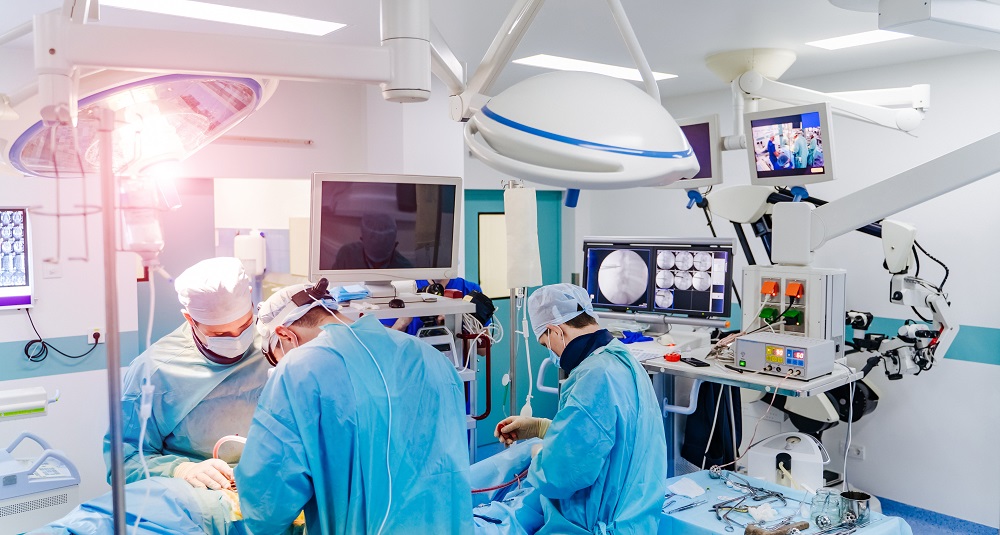Best Spine Surgeons NY
Neck And Spine Doctor NYC

In addition to the usual surgical residency requirements, both neurosurgery and orthopedic surgery specialties offer fellowship programs in spine that include an additional year of training specific to spine surgery. At the very least, your surgeon should be board certified or board eligible in orthopedic or neurological surgery.
Image Guidance Technology is also used by your surgeon to create a virtual model of your spine while the surgery takes place. This technology allows the surgeon to place the surgery with greater precision. This technology reduces the risk of non-union and failure to fuse. It is the most safest method for minimally invasive spine surgery.
The surgeon's role in education and assistance is to provide information and explain your options. You should choose a surgeon that is willing to help you make the right decision.
Best Spine Surgeons NY